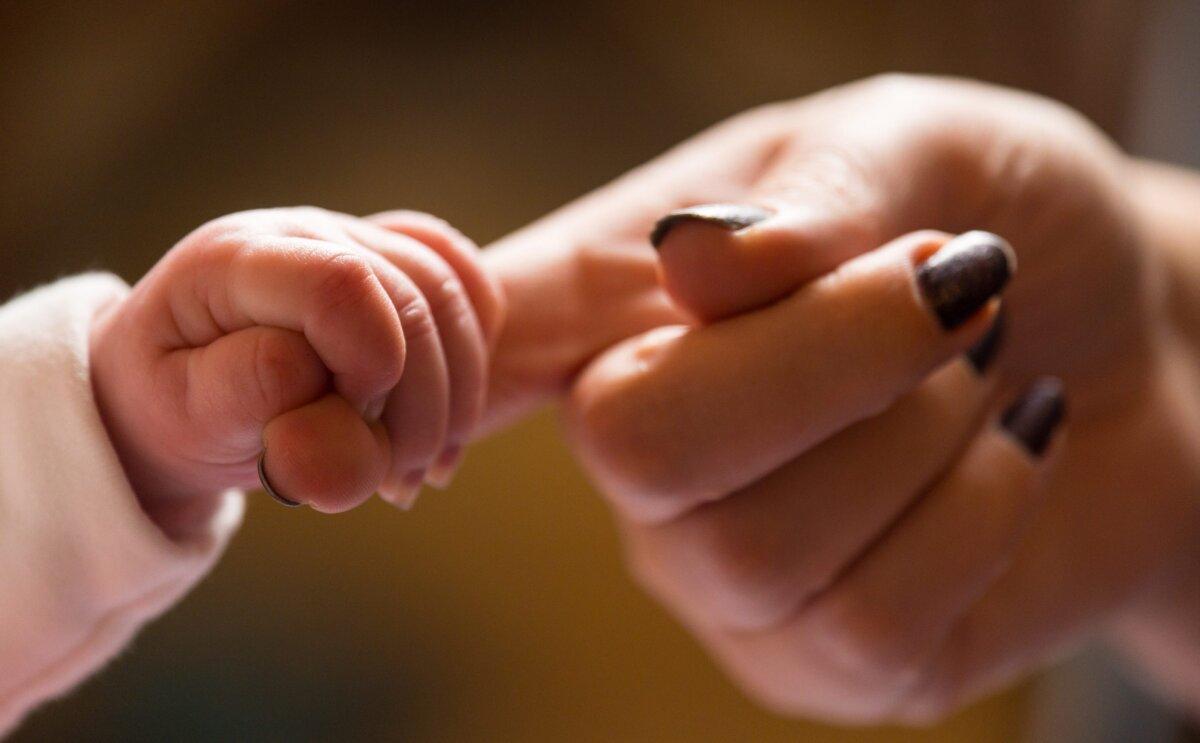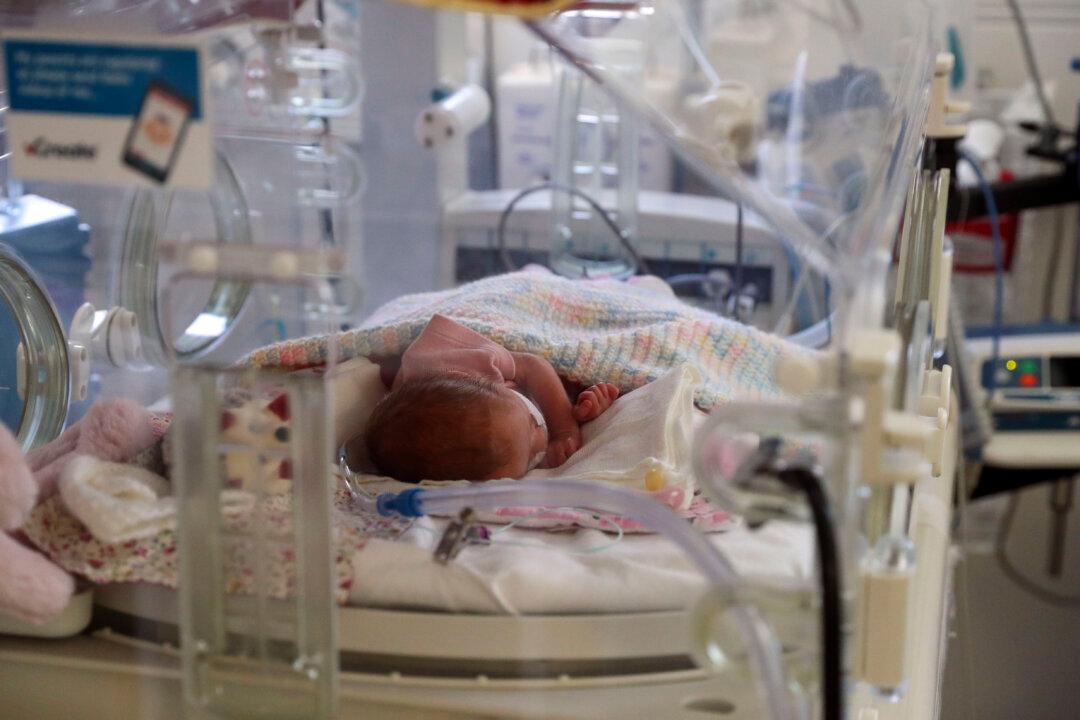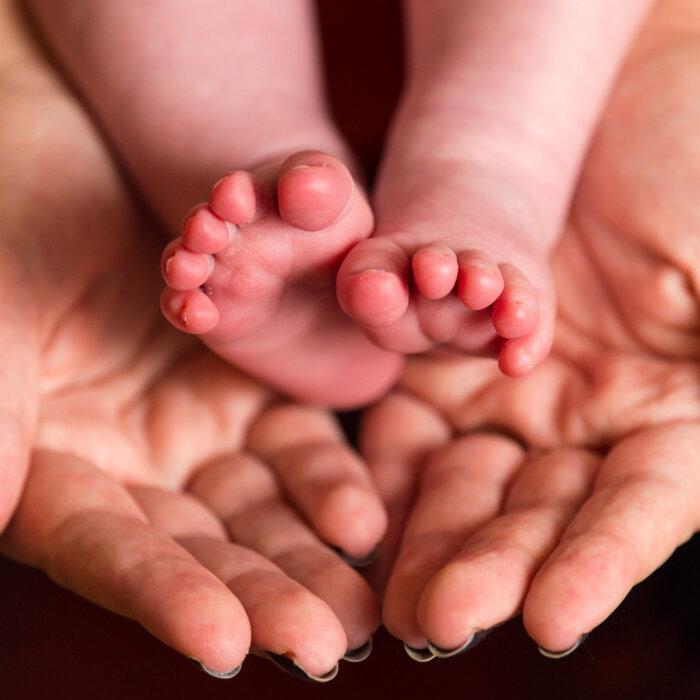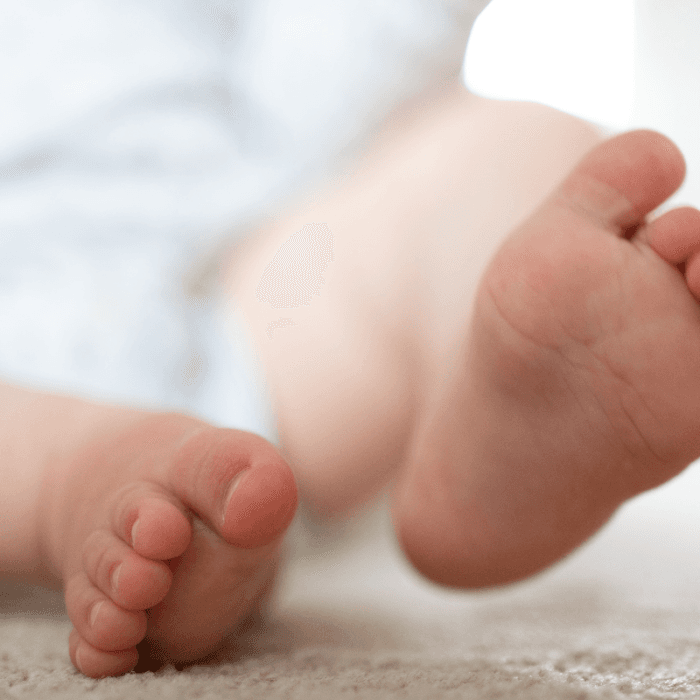A charity has called on the government to “sort out the crisis in maternity care” as it warned many wards are failing to protect women and babies.
The National Childbirth Trust (NCT) also said it should not be the responsibility of women to ensure that their childbirth is a positive experience rather than a traumatic one.
The document urges mothers, fathers, and other birth support partners to ask health care professionals questions about birth, such as pain management and interventions, and to press for more information if the options are not making sense.
Women Need Choice
The NCT stressed that women are the “ultimate decision-maker” when it comes to giving birth and must give consent to any decision being made about their care.It called on birth partners, including fathers, family, friends, or doulas to advocate for the woman giving birth by asking questions and ensuring they are listened to.
Katherine Walker, service development manager at NCT, said, “We want every pregnant woman ... to feel fully supported, but the reality is that many maternity settings are failing to keep them safe.”
Maxine Palmer, head of service development at NCT, said: “The burden shouldn’t be falling to individuals to make sure they have a good birth experience.
Damning CQC Report
The CQC inspected 131 units in England as part of a national programme and rated just 4 percent as outstanding, while 48 percent were rated as good, while a further 48 percent were assessed as requiring improvement or inadequate.Not a single service was rated outstanding for safety, with 35 percent rated as good, 47 percent found to be requiring improvement, and 18 percent assessed as inadequate.
Palmer said: “One of the key things we know about giving birth is that it can be an uncertain time for many people.
“Our monitoring of the situation is that parents have been quite protected from it. Many parents were telling us they had heard it or saw it in the news but not experienced it.
“We are definitely seeing a change in tone, where they are more aware and getting anxious and concerned.”

Rise in Home Births
Recent figures revealed an increase in home births, from 2.1 percent between 2016 and 2019, to 2.5 percent of all births in 2021, equating to about 17,400 of the 694,685 babies born that year.During the lockdown era, there were reports of women being asked to labour wearing a mask, and of fathers and other support partners being barred from the delivery room, leading to mistrust between some expectant mothers and the medical system.
Midwives were temporarily banned from visiting pregnant women’s homes, leading to some mothers choosing to opt out of the medical system and go it alone.
Birthkeeper Nickita Starck, a trained doula, told The Epoch Times earlier this year: “The heartbreaking thing is, women enter the system happy and healthy, and they leave downtrodden and traumatised, and they believe their body has failed them, when their body has not failed them—the system has failed them. I really need women to understand that birth trauma is common—not normal.”
Starck said she does not encourage either home or hospital birth, but rather informed consent, because in her view, a home birth is not right for every woman.
“It all depends where you are on your life journey,” she said, adding that the lockdown interventions “woke a lot of people up” to start “questioning the entire medical system.”
‘Look Back With Trauma’
A statement from the Department of Health and Social Care said: “Childbirth should not be something women fear or look back on with trauma, and it is unacceptable that too many women are not receiving the maternity care that they deserve.“All women need to feel reassured they are being properly listened to, and that their wishes and dignity are respected when they give birth.”
The statement added that the government was determined to “learn lessons” from recent investigations and reports into failing maternity units “to make sure women and their babies receive safe, personalised and compassionate care.”
The government said that failing maternity units will be supported to make “rapid improvements,” while it intends to “work closely with NHS England to train thousands more midwives to better support women throughout their pregnancy and beyond.”
A statement from the NHS said the health service is committed to ensuring all women and babies receive high-quality care before, during, and after their pregnancy.
“Over the last decade the NHS has made improvements to maternity services in England but we know further action is needed,” the statement added.
The NHS said it is investing £186 million annually to increase the number of midwives and obstetricians, strengthen leadership, and improve its performance and culture, and is following a three-year delivery plan for maternity and neonatal services.







